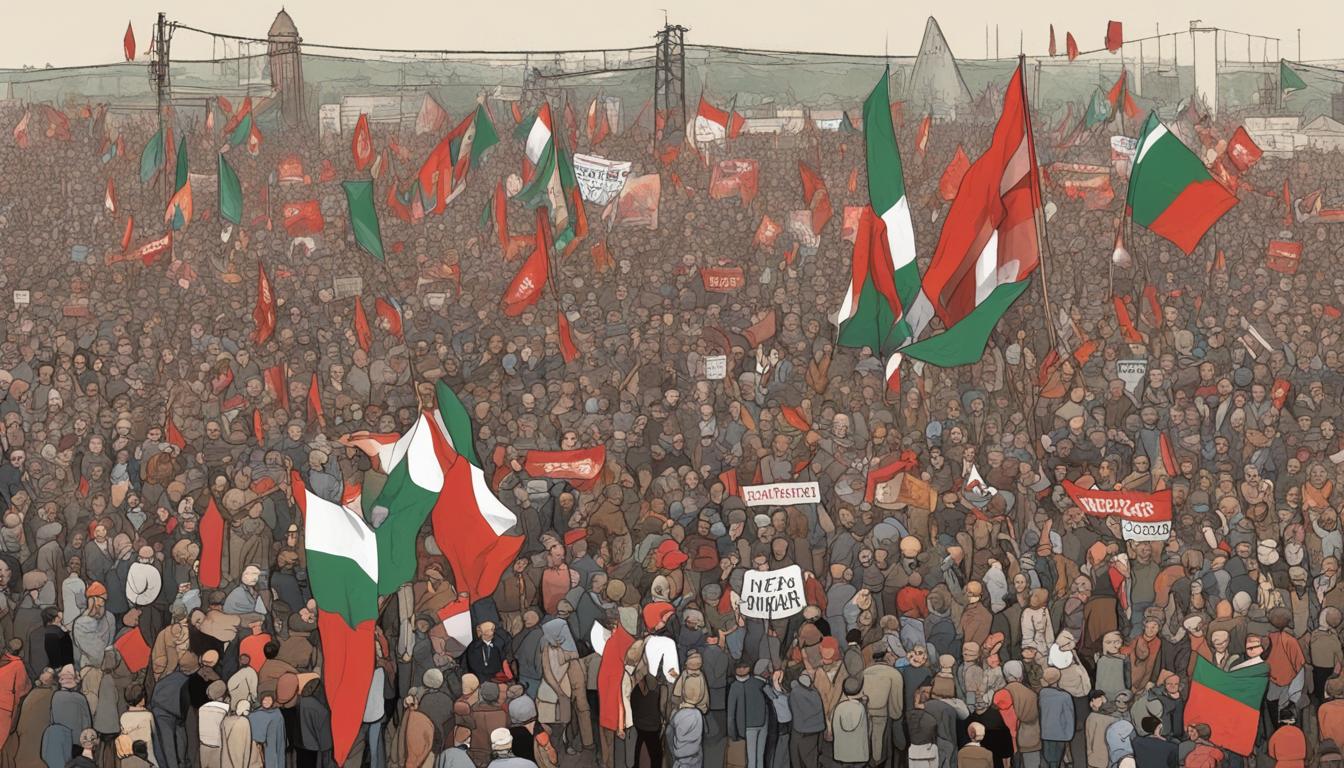On the 20th anniversary of Hungary’s EU membership, Prime Minister Viktor Orban critiqued the European Union, citing economic struggles due to the war in Ukraine, while Péter Magyar of the TISZA party is emerging as a significant challenger with his message of anti-corruption and improved living standards.
Hungarian Prime Minister Viktor Orban has recently criticized the European Union on the 20th anniversary of Hungary’s EU membership. In an interview, Orban commented on the changes within the EU over the past two decades, particularly highlighting the negative economic impacts attributed to the ongoing war in Ukraine. He indicated that the war efforts, supported by many EU MEPs, have notably affected EU countries, using Germany’s increased energy costs as a prime example. Orban also suggested that the EU should consider forming economic partnerships with China and Africa to bolster its economic standing.
In another significant development in Hungary’s political scene, newcomer Péter Magyar is challenging Prime Minister Viktor Orbán. Magyar, leading the TISZA party (Respect and Freedom), has been drawing substantial public support with promises to address corruption and enhance living standards in Hungary. Recently, he attracted around 10,000 supporters at a rally in Debrecen, Hungary’s second-largest city. His party, which plans to participate in upcoming European Union and local council elections, has gained momentum, particularly in rural areas where Orbán’s support has traditionally been strong.
Despite criticism from members of the ruling party, who label him as a leftist, Magyar’s message of cooperation, love, unity, and peace resonates with many, driving his rising popularity in polls ahead of the elections. This growing support indicates a possible shift in Hungary’s political landscape, emphasizing a call for change from the public ahead of significant electoral contests.













